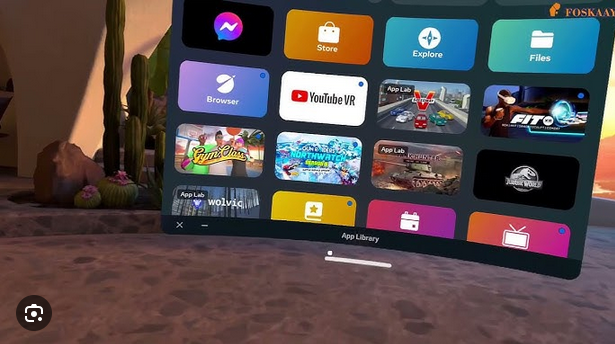Does Internet Speed Affect Fps?
Unveiling the Connection
In the digital age, where online gaming and high-definition streaming have become an integral part of our daily lives, the relationship between internet speed and FPS (Frames Per Second) is a topic of immense interest and relevance. This article delves deep into the intricate connection between internet speed and FPS, exploring how these two elements interplay and impact our digital experiences.
Understanding the Basics: What is FPS?
FPS, or Frames Per Second, is a crucial metric in the realm of gaming and video streaming. It refers to the number of individual frames or images that a device’s graphics processor can render per second. In simpler terms, a higher FPS value translates to smoother, more fluid motion in games and videos.
The Role of Internet Speed
1. Latency and Real-Time Gaming
In real-time online games, low latency is paramount. Internet speed directly influences how quickly data packets travel between the player’s device and the game server, affecting the time it takes for actions to register in the game.
2. Streaming Quality
Internet speed profoundly impacts the quality of video streaming services. Higher speeds allow for streaming in high-definition (HD) or even 4K resolution, ensuring a visually immersive experience.
3. Download and Upload Speeds
Faster internet speeds result in quicker downloads and uploads. This is crucial for gamers, enabling them to download game updates swiftly and upload content without delays.
Factors Affecting FPS
1. Hardware Capabilities
The power of the device’s graphics card and processor significantly influences FPS. High-end gaming PCs or consoles can handle higher FPS rates.
2. Software Optimization
Well-optimized games and applications perform better across a range of hardware configurations. Developers play a vital role in ensuring smooth gameplay irrespective of internet speeds.
3. Network Stability
Consistent and stable internet connections are vital. Even with high speeds, network fluctuations can lead to FPS drops and lag.
The Perplexing Connection: Burstiness and Specificity
The relationship between internet speed and FPS is intricate, involving concepts like perplexity and burstiness. Perplexity refers to the complexity of data packets, while burstiness relates to the irregular transmission of data. Balancing these factors is essential for a seamless online experience.
Conclusion: Striking the Balance
In the ever-evolving digital landscape, understanding the correlation between internet speed and FPS is crucial. Gamers and streaming enthusiasts must strike a balance between a robust internet connection, powerful hardware, and well-optimized software. By appreciating the nuanced connection between these elements, users can enhance their digital experiences significantly.
FAQs: Unraveling Your Queries
Q1: Can a slow internet connection cause FPS drops in games?
A1: Yes, a slow internet connection can lead to FPS drops, especially in online multiplayer games, due to increased latency.
Q2: Why do online games lag even with high internet speeds?
A2: Network stability matters as much as speed. Fluctuations or packet loss can cause lag even with a fast internet connection.
Q3: Does FPS affect video streaming quality?
A3: No, FPS specifically pertains to gaming performance. Video streaming quality depends on internet speed and resolution settings.
Q4: Can software updates improve FPS in games?
A4: Yes, developers often release optimizations that can enhance FPS by utilizing hardware resources more efficiently.
Q5: How can I check my internet speed and FPS?
A5: Various online tools can measure your internet speed. In games, FPS counters or software can display real-time frame rates.
Read More: https://techdun.com/does-cricket-provide-home-internet-2/






